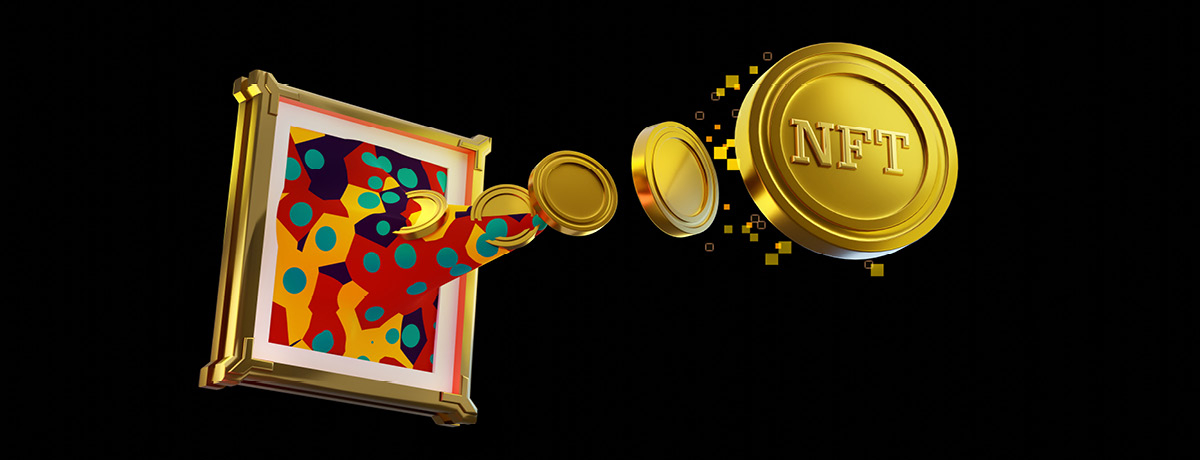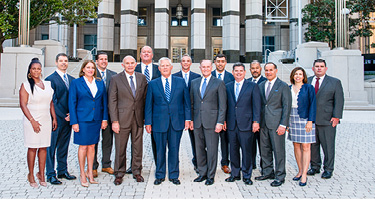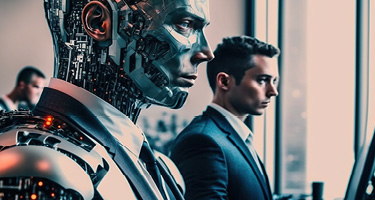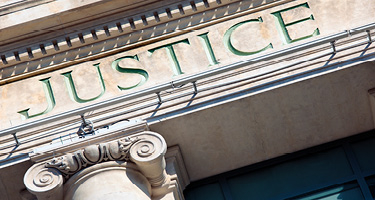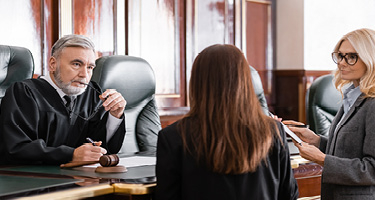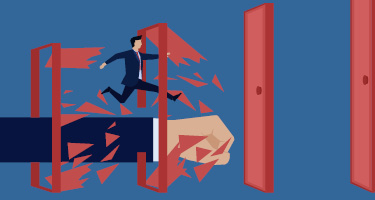The past few years have seen explosive growth in decentralized finance, which has in turn led to greater numbers of digital assets that make use of blockchain technology. Nonfungible tokens, or NFTs, are perhaps the most prominent, having garnered attention across numerous industries, giving companies a potential edge as they navigate the metaverse. The NFT market is expected to grow by some $147 billion—a compound annual growth rate of 35%—by 2026.
NFTs are a type of digital certificate used to authenticate asset ownership through blockchain technology. Each NFT contains a unique identifier of the associated asset that cannot be replicated or replaced. Unlike fungible items—fiat currency, say—NFTs are not mutually interchangeable. Banks will trade a damaged $20 bill for a new one; the same cannot be said of NFTs.
Nonfungible tokens also enable us to distinguish the original digital assets from copies or counterfeit products—transforming the world of verifiable assets and allowing people to buy and sell them with confidence. They’re stored on a blockchain and use the underlying technology to record ownership and verify authenticity. When an NFT is created (a process known as minting), it is cryptographically published on the blockchain, preventing it from being edited or altered. One it’s minted, a smart-contract code automatically records any transaction associated with it. The smart contract can also define the rules of the NFT, such as the terms of purchase. The NFT can likewise be linked to an underlying digital or physical asset.
Since the initial explosion of NFTs in 2021, a number of intellectual-property lawsuits and rulings have set some parameters that can help asset owners (and potential infringers) assess market risks and determine how best to make use of their IP. In general, trademark and copyright cases have been at the forefront of litigation, while some people are looking to use NFTs themselves to manage patent rights, rather than using patents as IP protection.
A long-awaited decision in Hermès v. Rothschild came down in early 2023, with a jury ruling in favor of luxury retailer Hermès. In 2021, artist Mason Rothschild created and sold NFTs depicting Birkin bags under the name “MetaBirkins.” Hermès filed suit in the Southern District of New York asserting trademark infringement, trademark dilution and unfair competition given that Rothschild was using the Birkin mark to promote the sale of the MetaBirkins NFTs. The jury found the NFTs were not protected free speech under the First Amendment. While it is expected that Rothschild will move to set the verdict aside, the case represents an important milestone for companies looking to protect their brands, given that trademark law is grounded in protecting consumers from confusion about the source and affiliation of products and services. For brand owners, it’s important to develop a strategy for the metaverse and to apply for trademarks that cover virtual use—even if the brand does not intend to enter the metaverse. Trademark registration therefore remains crucial.
The ongoing Nike v. StockX case, meanwhile, presents many questions for IP owners. In February 2021, Nike filed suit against StockX, an online resale platform, for minting Nike trademarks. StockX argued that each of its NTFs is tied to a specific product, enabling the owner to resell the NFT, and that the use of Nike branding is its right under the first-sale doctrine, under which one can resell goods bearing a trademark because the rights of the trademark owners do not extend beyond the initial sale.
Since the initial explosion of NFTs in 2021, a number of intellectual-property lawsuits and rulings have set some parameters that can help asset owners (and potential infringers) assess market risks and determine how best to make use of their IP."
If this case goes to trial, it could answer questions about linking an NFT to a physical asset and the potential price disconnect between the price of the physical asset and the price of a digital asset that can be redeemed for a physical one. The case may help bolster rights that were determined in the Hermès case and determine how IP will be treated in the purchase and sale of NFTs.
When actor Seth Green had four NFTs, including his Bored Ape Yacht Club NFT, stolen in May 2021, the theft raised questions about who holds the rights to a purloined NFT—which initially came with conditions permitting the owner to create derivative works. Green’s Bored Ape was stolen in a phishing scheme and sold to a third party—which claimed it did not know the NFT had been filched. Green paid the third party 165 ETH[1]—equivalent to about $260,000 at the time—for its return. The situation raised questions about whether Green or the third party owned the IP rights given the derivative-works permission inherent in the NFT itself.
Nonfungible tokens are now being used to manage the ownership and licensing of patents, too—a different situation from how they’re used in trademark and copyright forums. Companies such as IBM have taken steps to begin trading patents as NFTs; in April 2021, IBM partnered with IPwe to create a platform that allows patent owners to complete patent-related transactions. Some believe this will allow patents to be more easily traded (and their provenance easier to determine), but others worry about the lack of regulation over this new use of blockchain technology.
Using the blockchain to track patent ownership may provide greater transparency in ownership, automate collection of royalties and make recordkeeping easier. However, the lack of regulation might promote risks associated with transferring patents as entities, and there may be privacy concerns as well related to sales and licensing terms. It’s unclear how blockchain platforms will handle privacy and confidentiality; it also remains to be seen whether using such entities will ultimately revolutionize how patent assets are managed.
The current legal and regulatory framework is trying to catch up to NFT technology. The key issues concern IP rights, cybersecurity considerations and how to regulate virtual currencies. Current law was not designed around digital assets, but it applies to them all the same.
NFTs provide exciting ways for creators to sell digital content while at the same time posing new risks and challenges for businesses, especially concerning IP rights. This year is sure to bring additional answers as litigation continues, while also raising new questions about which new laws and regulations might be needed. We’re already seeing the U.S. government take note: In response to a request from Senators Patrick Leahy (D.-Vermont) and Thom Tillis (R.-North Carolina), the U.S. Patent and Trademark Office announced in November 2022 that it will increase its focus on issues related to NFTs. The apes at the yacht club might be bored, but anyone with an interest in intellectual property and digital assets is unlikely to be.
[1] Ether, which is the currency used on the Ethereum platform.
Elizabeth Ferrill, a partner in the Washington, D.C., office of Finnegan, Henderson, Farabow, Garrett & Dunner LLP, focuses her practice on all aspects of design patents, including prosecution, counseling, post-grant and litigation.
Soniya Shah is an associate at Finnegan, Henderson, Farabow, Garrett & Dunner, LLP, and is located in the Washington, D.C., office. She focuses on patent litigation and prosecution and handles intellectual property matters related to electronics and information technology.


